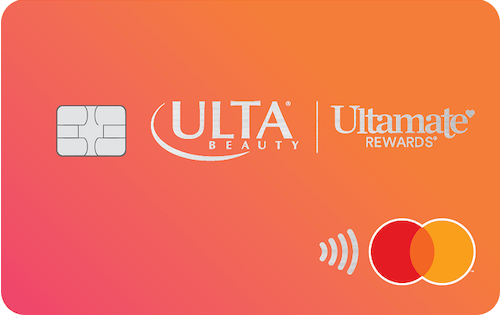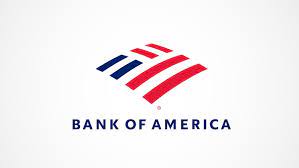Secured credit cards, in our opinion, are ideal for people with bad credit. With these cards, you deposit a security amount to safeguard the issuer from nonpayment.
You can get your money back when you close the account or improve it.
Secured cards are some of the simplest to get because the deposit lowers the risk.
However, approval isn’t certain because you still have to demonstrate your source of income and you risk being turned down if your credit record has any severe errors like bankruptcies. Study up on protected cards.
Unsecured cards for people with bad credit are another alternative.
These cards don’t require a deposit, but they frequently have hefty fees that, over time, add up to more than the normal deposit on a secured card.
Recently, several new credit card issuers have started to provide credit cards with no credit checks and minimal or no fees.
Nevertheless, these products might have additional downsides. Store credit cards can also be simpler to obtain, but proceed with caution as they often have low credit limits and high interest rates.
The finest credit cards for people with weak credit are included below, along with some helpful links and a list of cards you should steer clear of.
Choose your credit card for bad credit
What is a bad credit?
A low FICO score, which has a negative influence on your finances, can occur for a variety of reasons. Your credit score can suffer if you default on loans, miss credit card payments, or even open too many credit cards.
Your credit score may suffer if you become a victim of identity theft or credit card fraud, making it more challenging for you to get approved for the financial products and services you require.
With bad credit, it is more challenging to apply for a mortgage, receive a credit card, or rent an apartment.
Thankfully, there are strategies for using a credit card to improve your credit.
When should someone with terrible credit apply for a credit card?
There are frequently less requirements to qualify for and more credit-building features on credit cards for people with weak credit.
These features might include free or low-cost access to credit scores and credit monitoring. The following persons can benefit from using negative credit credit cards responsibly:
When you’re trying to repair your credit
It could be more challenging for those with past credit issues to be approved for a standard unsecured credit card or a credit card with plenty of benefits and rewards.
In terms of credit scores, secured and unsecured credit cards designed for persons with terrible credit sometimes have low entry hurdles for acceptance.
You should be able to “upgrade” to a better credit card if you pick a noteworthy card in the category and concentrate on using it properly (by making on-time payments and maintaining a low credit usage ratio). APRs may be higher, there may be fewer rewards, and there may be annual fees if you use an unsecured credit card with bad credit.
When you don’t have any credit
Given the laxer qualification restrictions, credit cards for terrible credit are frequently accessible to those with little or no credit (there are also excellent cards offered for those with no credit history).
The many student cards available on the market may be a better option for you if you’re a student looking to start building credit because they offer features and perks tailored specifically to students that secured credit cards do not.
There are beginner credit cards with forgiving terms that provide an opportunity to establish your creditworthiness if you are not a student but are still completely new to credit.
How to use a credit card to raise your credit score
Finding a credit card for bad credit is the next step in your credit journey, and using credit cards responsibly is one of the greatest methods to establish a solid credit history. The following five suggestions can help you raise a poor credit score:
Investigate your credit report.
Knowing how to read your credit report can make it simpler for you to monitor your progress toward good credit.
Since credit report inaccuracies are extremely frequent, it will be simpler to stay on top of any issues that can harm your credit if you regularly monitor your report.
Reduce your debt. Too much debt makes it more difficult to build credit, preserve money, and establish responsible credit practices. You must be sure to pay off your credit card debt and keep it low in order to raise your credit score.
Maintain a budget. It is considerably simpler to pay off credit card debt and expand your personal resources when you stick to a budget. Use a budgeting tool to reduce some of the stress and labor involved in the process or select the budgeting strategy that works best for you.
Develop wise credit practices. You must pay your bills on time, maintain a healthy credit line, try to keep balances low, and stay within your means if at all feasible in order to improve your credit score.
After a certain amount of time has passed and old debts are removed from your credit record, your continuous excellent credit behavior will be rewarded.
Maintain open accounts. You might outgrow your beginning credit card as time passes. And while cancelling a secured credit card or an underused card with an annual charge could make sense, doing so has drawbacks. You should think about keeping your accounts open to safeguard your credit score.


